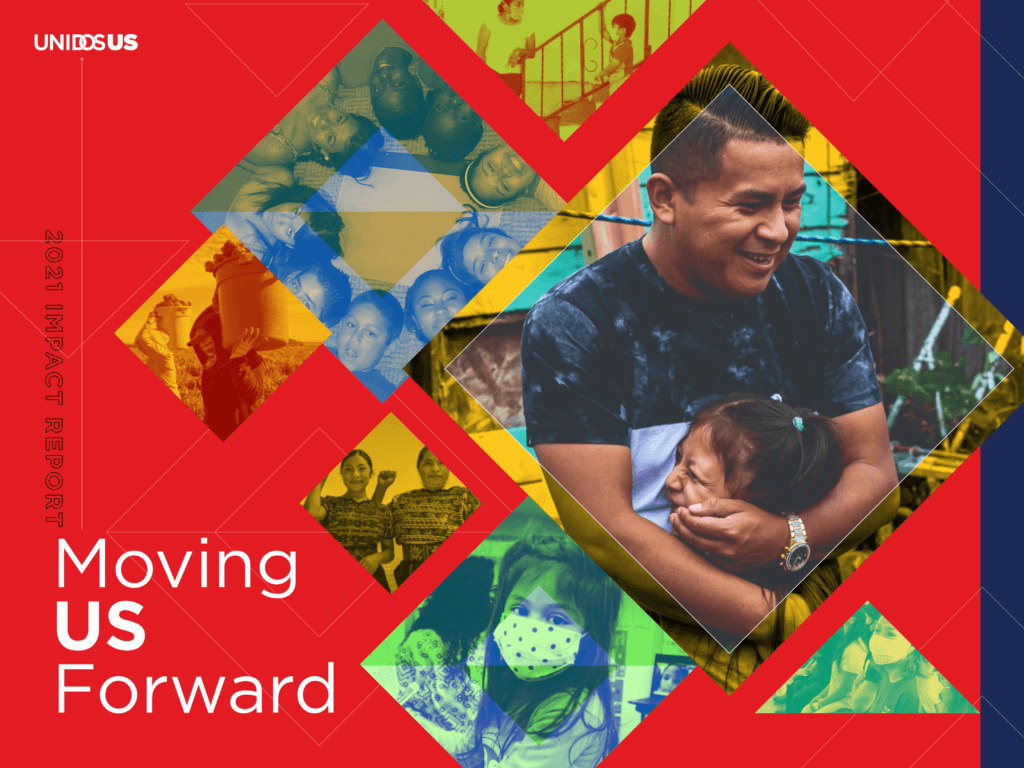New Law Creates Challenges for Immigrants Trying to File Taxes
Guest blog post by Max Moy-Borgen, Tax Program Manager, Mission Economic Development Agency

Last December, Congress passed legislation that will make it more difficult for immigrants with an Individual Taxpayer Identification Number (ITIN) to file and pay their taxes. Immigrants with older ITINs will have to revalidate their number based on a schedule specified in the law.
I oversee tax preparation for low-income and immigrant families at the Mission Economic Development Agency (MEDA), the largest free tax preparation service in San Francisco, with four Volunteer Income Tax Assistance sites in the city that help 4,200 clients each year. From my experience, I know that if this requirement is not implemented properly, it will have a detrimental effect on those who are just trying to pay their taxes.
Keep up with the latest from UnidosUS
Sign up for the weekly UnidosUS Action Network newsletter delivered every Thursday.
As a long-time Certified Acceptance Agent, MEDA assists many clients applying for an ITIN. In recognition of our expertise in this field, MEDA was recently selected by the IRS for a new, innovative pilot program. While there are many free tax preparation sites in the Bay Area, only a handful of organizations are qualified to assist immigrants with ITIN applications. The ITIN preparation process is complicated and requires year-round paid staff, a cost that many organizations simply cannot afford. Currently, the ITIN application process takes two to four months to complete.

The law also prevents hardworking Latino families who just received ITINs or a Social Security Number for the first time from retroactively benefiting from refundable credits. Consequently, those families are barred from receiving important tax credits from prior years, including the Child Tax Credit (CTC) and the Earned Income Tax Credit (EITC).
Most of MEDA’s tax clients qualify for the CTC and the EITC. These refundable tax credits have been shown to lift families out of poverty and the children in families who receive these credits have better educational, developmental, and economic outcomes. However, many immigrant families are already unable to fully benefit from these programs due to immigrant eligibility restrictions for the EITC, meaning some families with U.S.-citizen children cannot receive the credit and do not receive money other low-income families use to pay for living expenses, housing, food, education, and other basic necessities.
Together with the ITIN revalidation provision, these changes will prevent many immigrants from fully claiming important credits that they are eligible for.
These individuals are simply trying to pay their taxes like all other working Americans. Policies should not be enacted that make this process prohibitive or more burdensome.



